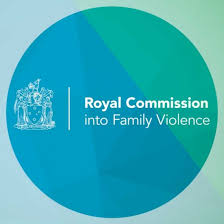We interviewed WHE staff members Jane Brierty and Sui Cin Zah on the importance of providing in-language access to health information and services for women in their communities, their roles as bilingual health education officers, and why it’s crucial continue to support women from migrant and refugee backgrounds in the Eastern Metropolitan Region and beyond.
Can you speak to the importance of your roles – so not just having in-language programs, but having dedicated bilingual/bicultural staff for them?
JB: My role is about providing reliable and continuous support to local communities. Helping migrant communities merge into the mainstream. There has been a large increase in CALD communities recently, but in-language services haven’t kept up. Because of this my role is so important to overcome cultural barriers, otherwise a lot of people are blocked out of the health system so they can’t access information, especially for the newly arrived. The first two years is a critical time for them to settle. The big picture is needed here, but barriers are there as well as a bilingual staff member, which is very important for the local Chinese community.
SCZ: For my community, the Hakha Chin, we are such a small group, it’s very easy to be neglected. We’re so small that people don’t notice us so that makes it very scarce in terms of resources, and if you look at the determinants of health – physical health and mental health – it’s there. Every human has the right to have access to those things and when there’s a big language barrier, that is the biggest problem. When you don’t have the language to understand the resources that are available in the place where you are living, that is a big problem and in my community it’s the reason it’s so important to have a bilingual health educator. In the past we have had a few organisations that work with the Chin community, but they are usually run in English with an interpreter and that doesn’t really work out well because the information that is passed on is not very accurate – not that the interpreter doesn’t do a good job. Just when you’re translating or interpreting you might not get the whole message across because of the language and the wording. When it’s in their own language they’re so much more receptive.
And why are in-language programs, such as the ones you have been important to you?
JB: I feel proud of myself because I can help my community. There are so many needs in the community, and so much pressure. You can see the next generation being affected as well. This role gives me the chance to help to bring the services to the communities who need it. This is so important to me. For the Chinese community we feel we are invisible. People are there but their voices aren’t coming out. That’s because in our culture, we try to avoid the negative or bad things. I like this job because I started to bring the services to the communities. I know changing is hard, and it takes a long time. You also need a lot of people to be involved directly. I aim for the long-term, because you don’t get understanding from inside the community straight away sometimes, people come to a new country and they need a long time to build up connections to feel safe and trust. It’s hard but it’s needed, and you feel it’s really life changing. But I don’t understand why there are no long-term funds to support this.
SCZ: I totally understand Jane what you’re feeling – it’s very difficult when you just want to help the community but there’s so many barriers. This job gives me probably the most satisfaction because I’ve always wanted to give back to community ever since I was little as we came here as the first generation – we were the first people to arrive here. When we got here, we had no services or anything like this. We had to figure out everything ourselves, and watch my parents figure everything out themselves. My mum is diabetic but we didn’t know until me and my sisters were old enough to research. But you know, even if our health education helps one person, that’s the ultimate satisfaction already – just being able to give back to my community which makes me very proud. The work that we do, I hope we can continue to keep doing it.
What is the importance of in-language programs specifically for women?
SCZ: For the first ever session that we ran it was on COVID-19 vaccination and right after the session there were about twenty people that contacted us to ask for help to book appointments, so immediately we saw the effect of the session. It really helped them. And just from the evaluation comments and how appreciative they are – most of the people, if not all of the people who attended got their vaccination after the session because before that they were hesitant. They now keep suggesting topics they want, and we try our best to deliver them. And especially for women in our community, most are stay at home mums so there’s no way of getting information. The men go out to work, they get information from their friends and have more access to the wider world and the mums have less access to information. We ran the sessions on Zoom so they could join from the comfort of their homes and we could really help them to provide accurate health information.
JB: I totally agree with what Sui said. Also a certain amount of families are mothers with children living in Australia, and the fathers are still working in China. The fathers come to visit the family at certain times. This makes life more difficult for these women because they are here by themselves. In Chinese culture the gender roles are very strong. A women’s role is to raise the children. As a woman in the session I run, I can make the participants feel comfortable and they connect straight away with me, and they feel like you can understand them from their point of view, and they don’t hesitate to share and tell me about their needs and their worries.
What has been the role of in-language information during the pandemic, and what will it be in recovery?
SCZ: During the pandemic, because we couldn’t have any socialising things, some of the women felt they were socialising with other women in our health sessions. It gave them a bit of ease from you know, just being stuck at home with the kids and doing all the boring stuff. So they had fun just being able to converse with different people, seeing new faces, and they really enjoyed that. In the recovery stage, in-language is going to be so important. During the pandemic not only the physical health has been affected but also mental health and there is the financial recovery as well because a lot of people were laid off from work, there was just so many financial issues, so now the world is opening back up how do we manage our finances? Bilingual health education will have a crucial role I think in the recovery of the pandemic that’s in physical, mental, financial – every aspect of health. It is so important that we listen, we listen to what their needs are and just help them to meet those needs.
JB: I feel the same like Sui – because pandemic is a process of going from normal life to lockdown, bringing stress, bringing anxiety to the communities. As a community they have to handle a lot of chaos. if we’re not there to help and support them they will be more stressed. Because of our in-language programs they can understand straight away, less hassle, less stress, they can find help, and find direction. In lockdown we transferred to get vaccinations, protect yourselves and our communities. In the recovery stage, our roles will focus on how to help the communities recover by providing physical, mental, emotional, and economic support services. As a migrant, many of us don’t have relatives here and limited close friends who really can help. So as bilingual workers, we can support the community by helping them to build location-based community groups and set up the support systems and provide ongoing health promotion activities to support the communities to get through the long covid stage.





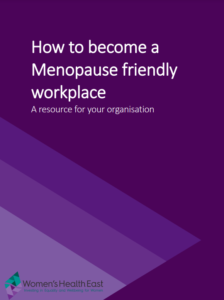
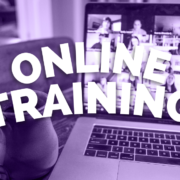
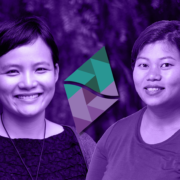







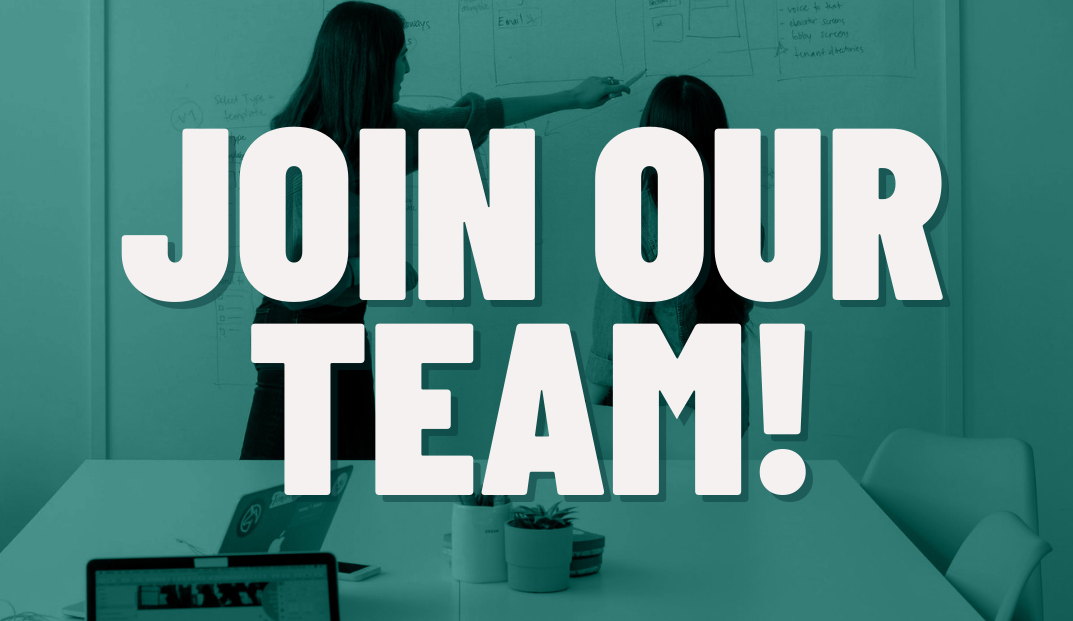
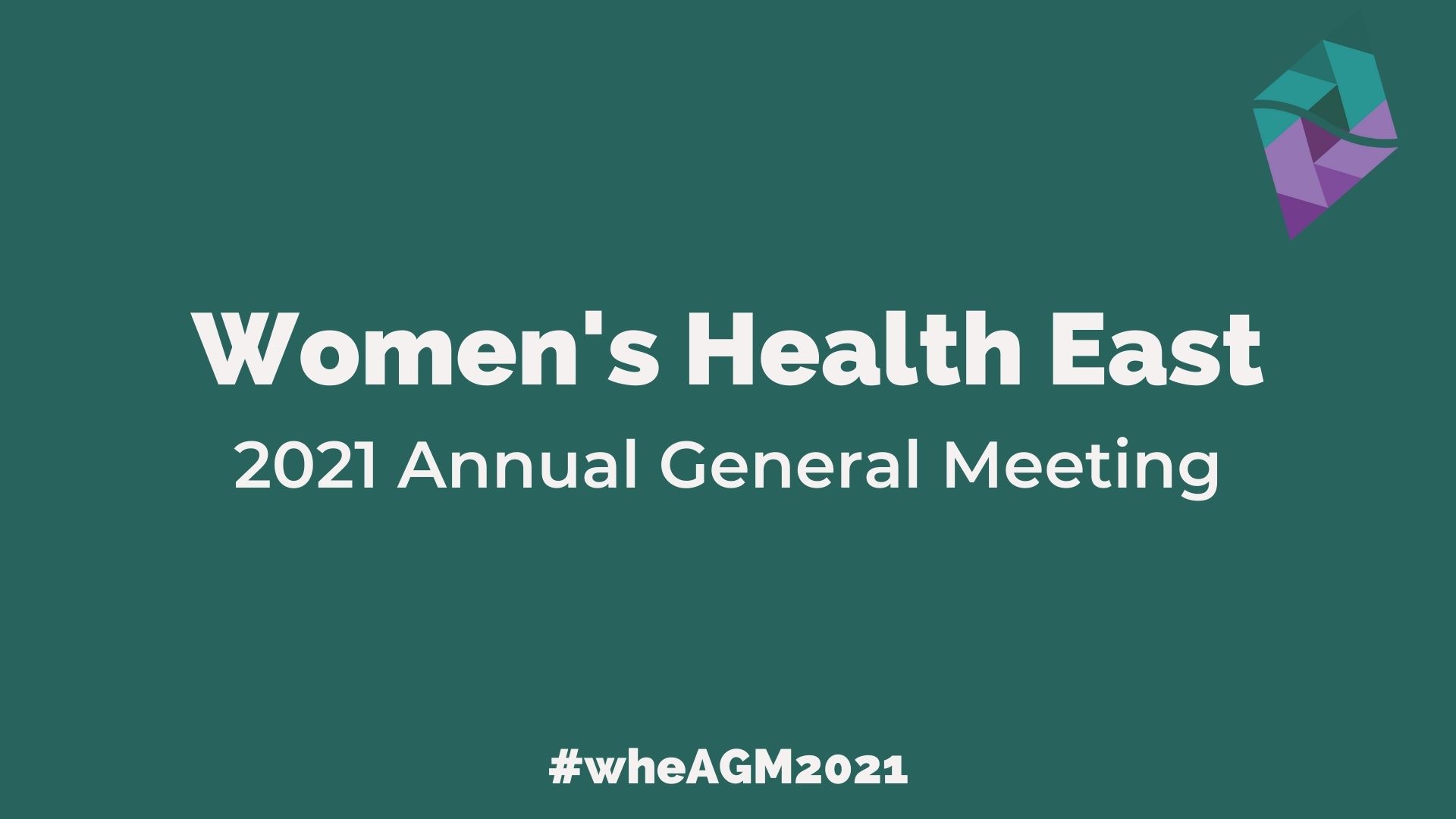

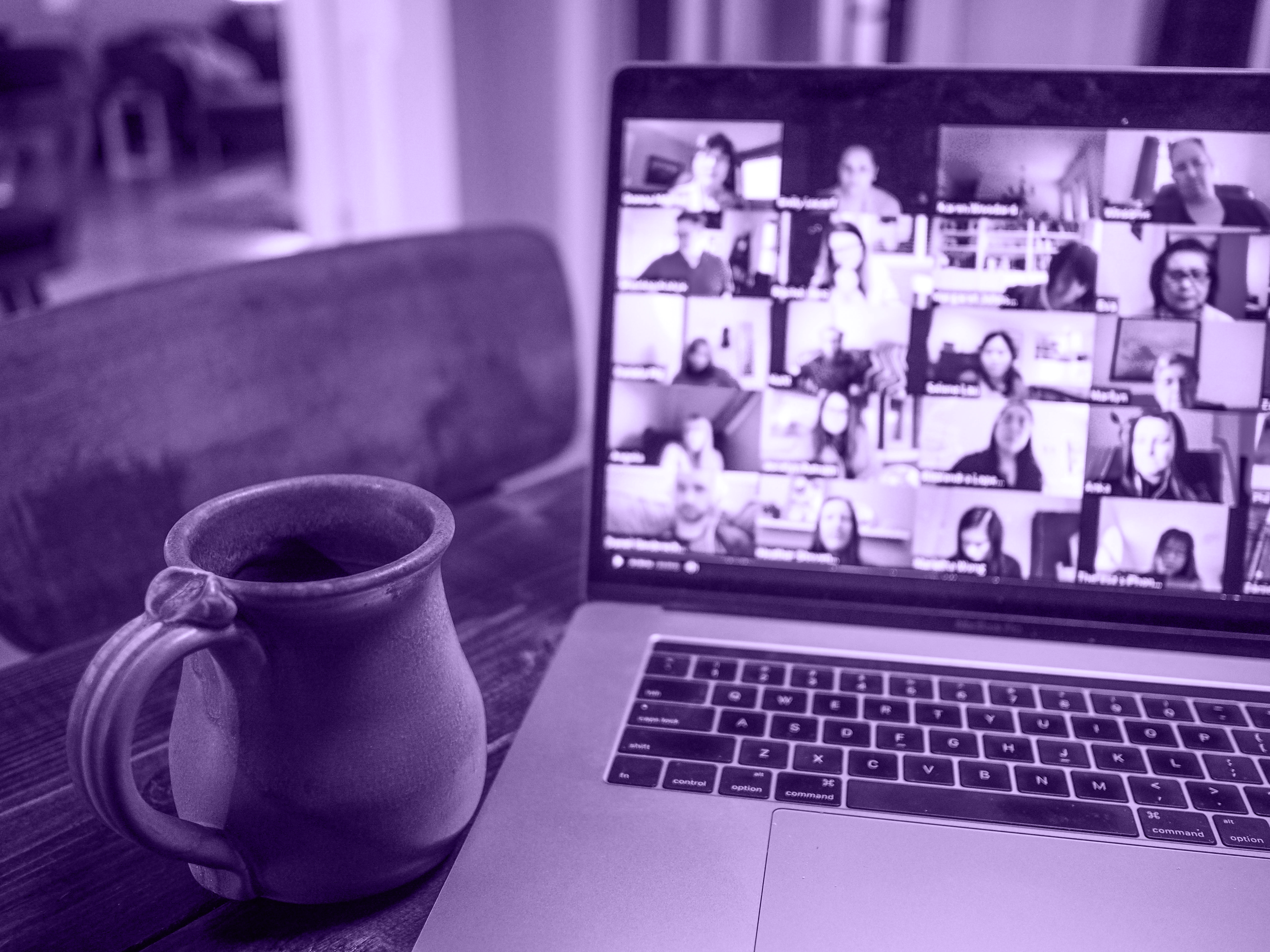
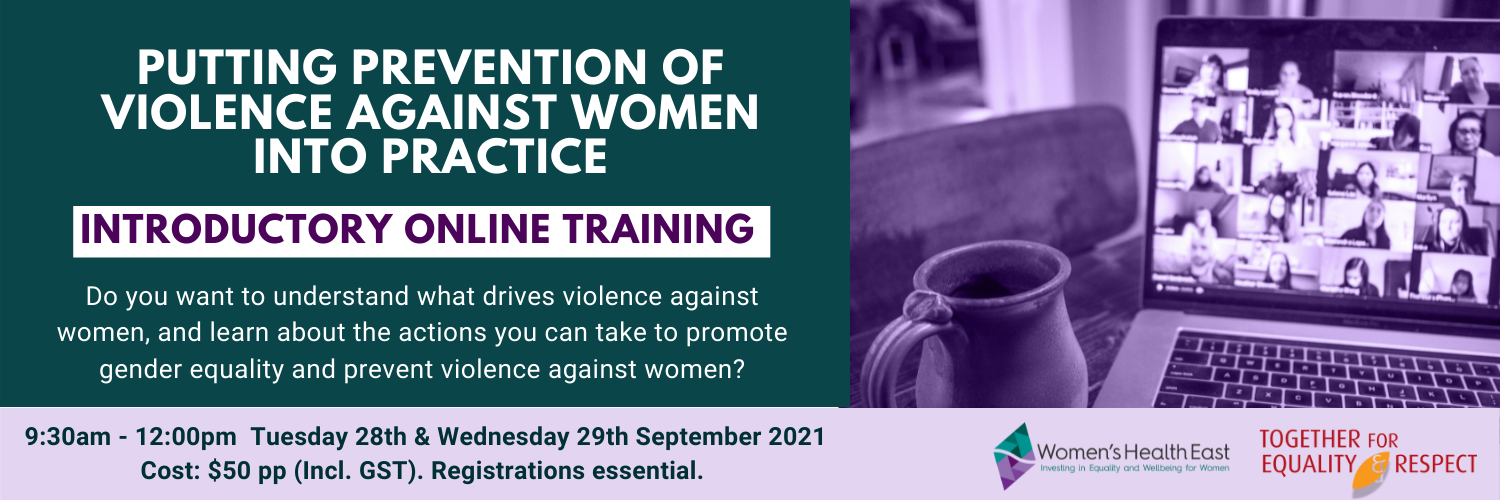

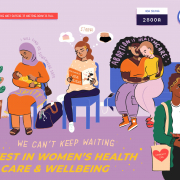






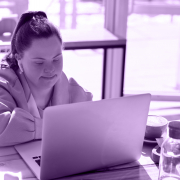




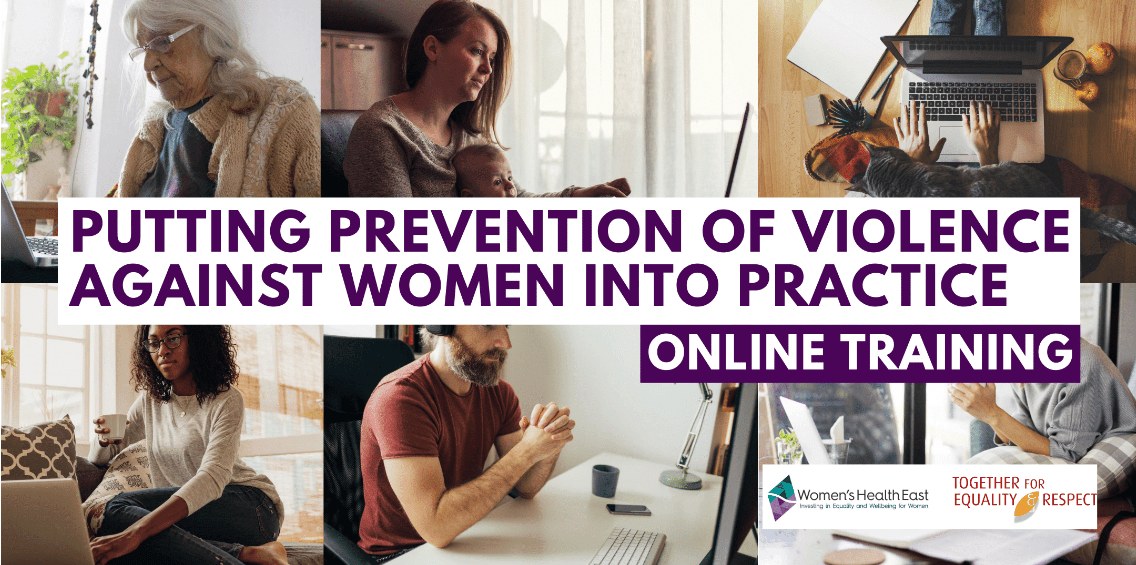
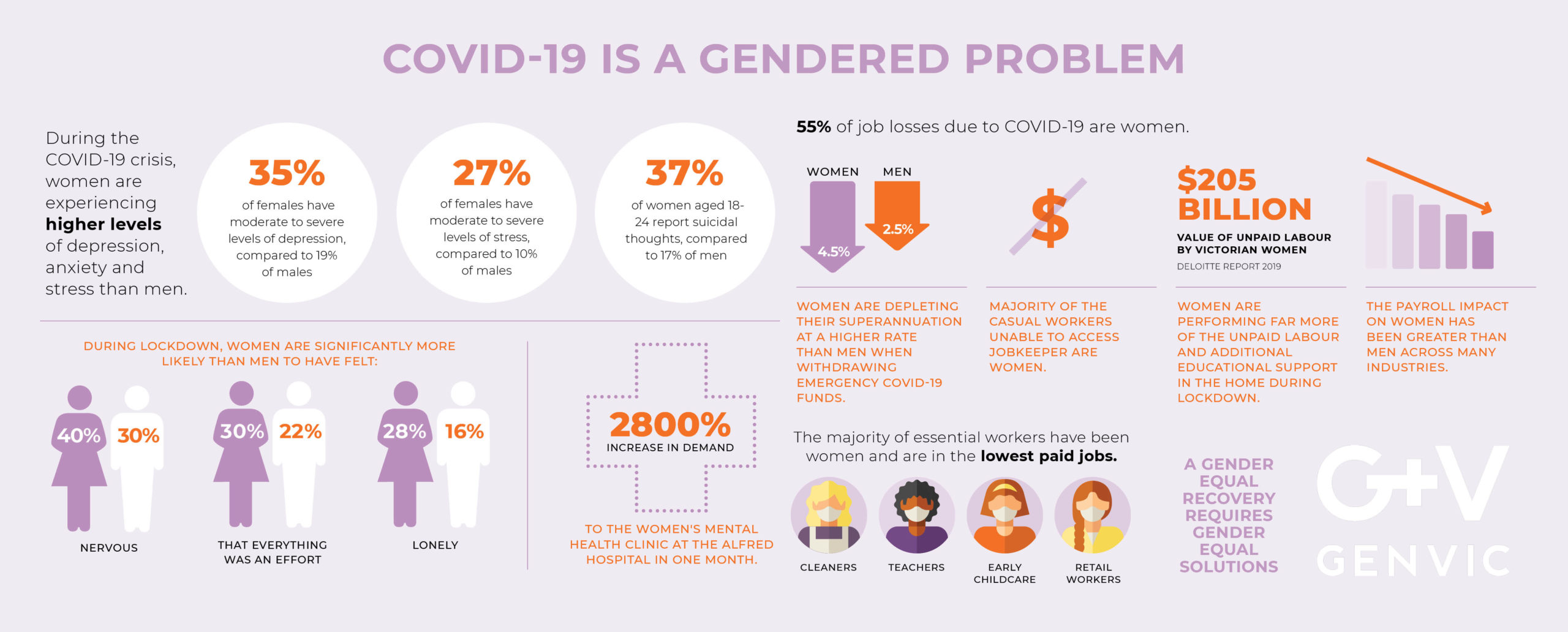





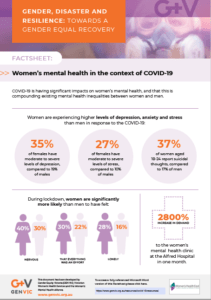
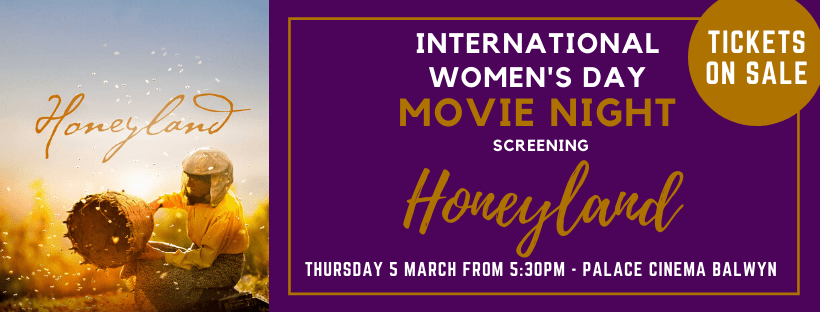



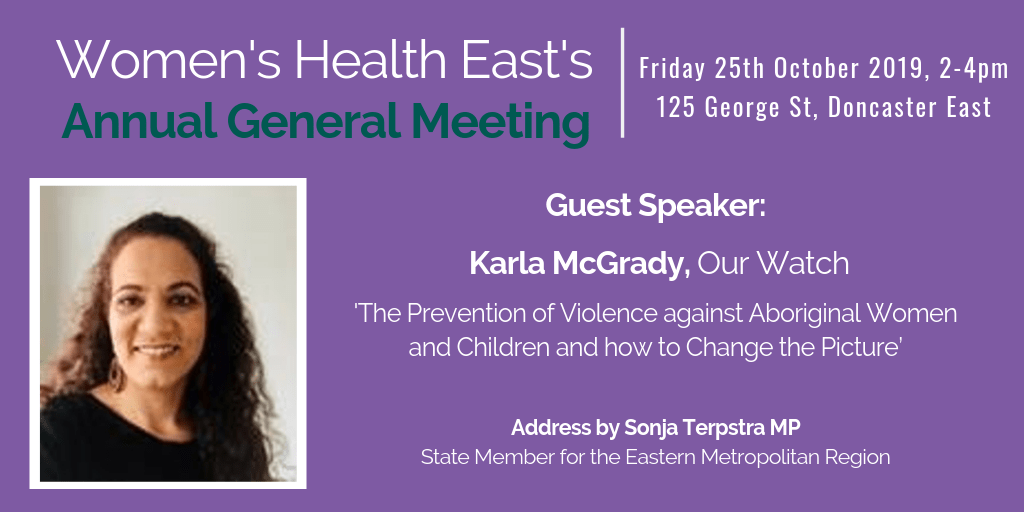

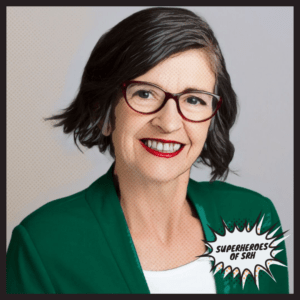
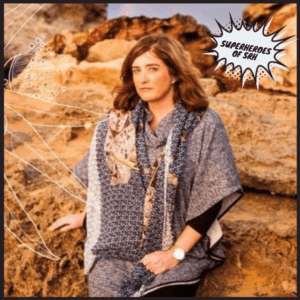

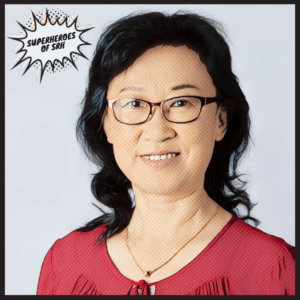
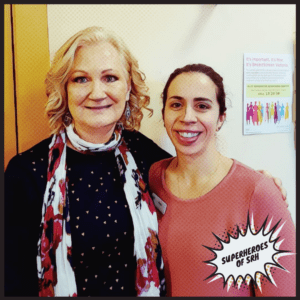

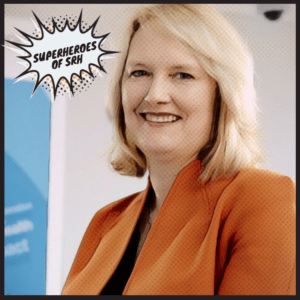


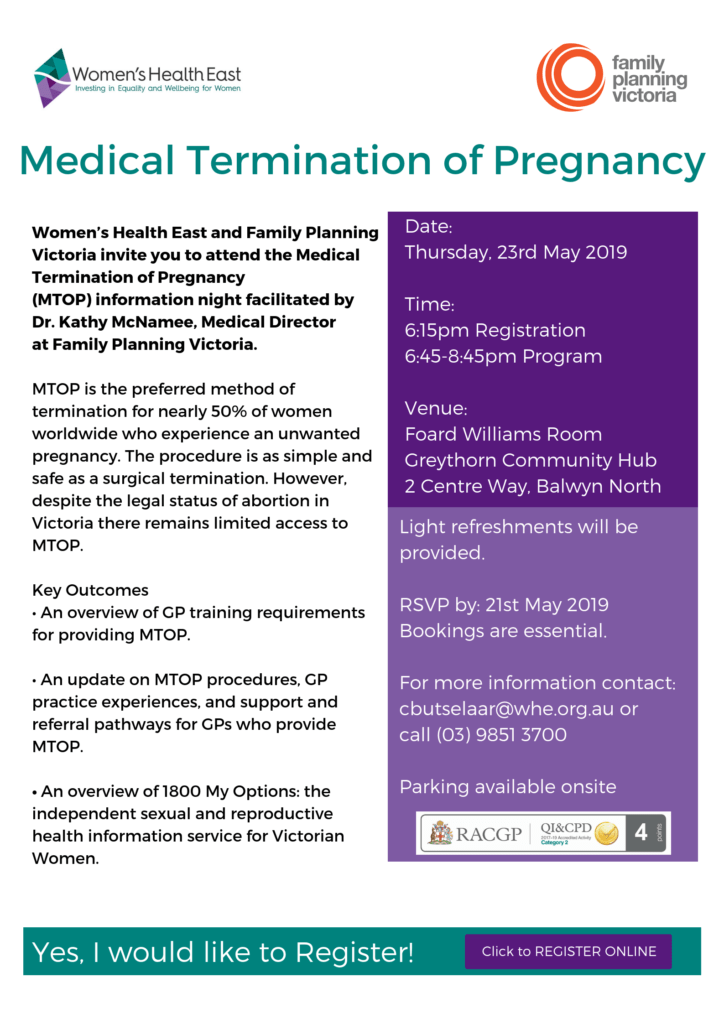





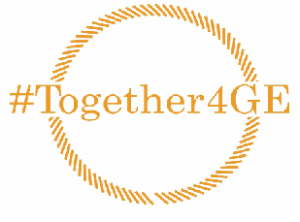



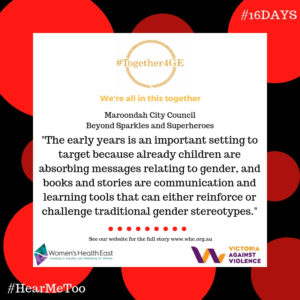





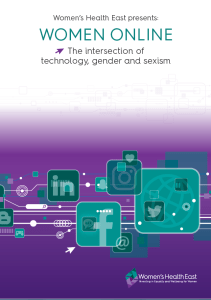
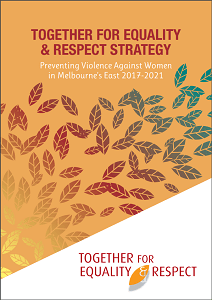
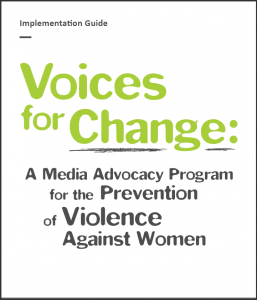
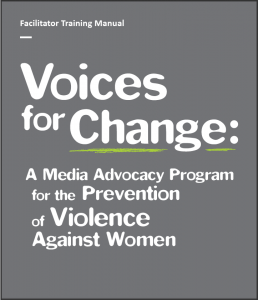

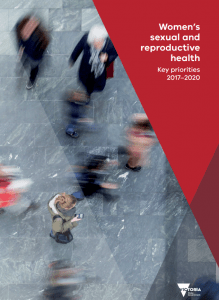
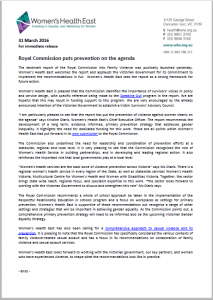
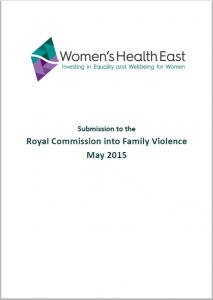
 This submission to the Victorian Government was prepared by Women’s Health East in consultation with, and behalf of partners of the
This submission to the Victorian Government was prepared by Women’s Health East in consultation with, and behalf of partners of the 